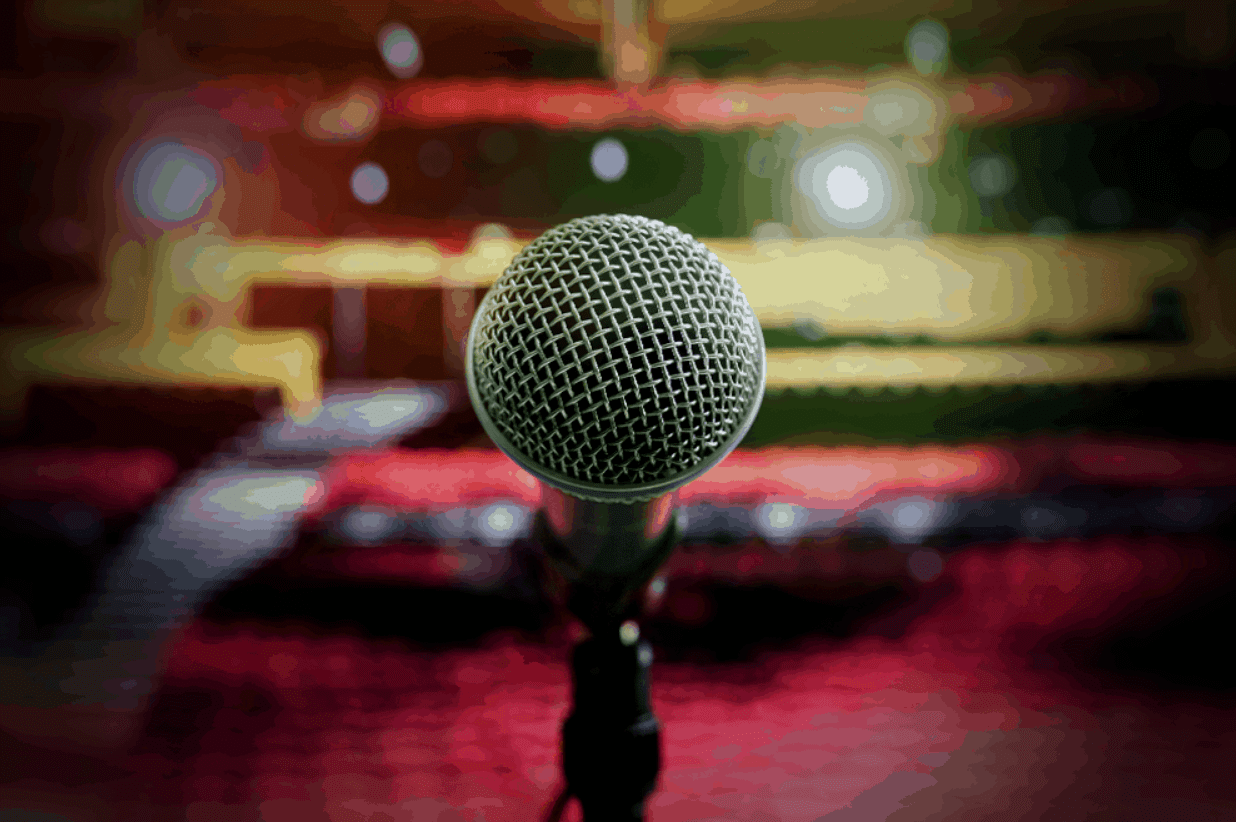
Coping with Performance Anxiety
by Jamey Mann, The Catoctin School of Music
Performance anxiety is something that all performers, students, and teachers will have to deal with at some point. For many people anxiety is manageable and a normal part of performance. However, for others performance anxiety is near crippling and may keep a musician from reaching their full potential.
There is a multitude of literature on performance anxiety and how to deal with it. Everyone performer has their ritual before taking the stage to manage their anxiety issues. In my teaching I try to talk to new students early on about performance anxiety. In addition, I try to uncover the source of a student’s anxiety so we can learn how to deal with it in other situations outside of performance.
I believe that severe performance anxiety is not just about performing. With many of these cases the anxiety may be coming from a variety of sources in the student’s life. Students with high levels of anxiety to begin with need more than a pre-performance ritual to help combat their issues. Therefore, I like to go a little more in depth and teach them about a few lifestyle changes that will help with their anxiety issues overall.
- Exercise- Physical activity helps anxiety by getting rid of excess energy that might build up. Exercise also releases endorphins that enhance your sense of wellbeing. Regular aerobic exercise will decrease tension and help elevate and stabilize mood. I personally find that exercise allows me to deal with stressful situations more effectively.
- Sleep- A big problem for most musicians is getting enough sleep and developing regular sleep patterns. Lack of sleep has a negative effect on the areas of the brain associated with emotional processing. Long term sleep problems may result in generalized anxiety disorders. Long term sleep issues will also result in other negative health effects. If students are having issues with sleep, I often recommend exercise, however if sleep issues persist, I recommend they speak to a doctor about their sleep issues.
- Cut back or eliminate caffeine- Caffeine while at times being a musician’s best friend will start to have negative side effects if taken excessively. Too much caffeine causes insomnia, high blood pressure, digestive issues, rapid heartbeat and anxiety. Often people will be taking far too much caffeine with out being aware of it since caffeine tends to build up over time. This means the coffee or energy drinks someone has during the day may still be affecting them at bedtime.
- Healthy Diet – A poor diet will lead to many serious health issues. It will also increase anxiety. Diets high in caffeine and sugar will result in crashes which effect concentration and mood. People over time will develop dependencies on sugar and caffeine which will cause anxiety and low levels of energy. Having a healthy well-balanced diet will not only help with anxiety but will also help develop good sleep habits and make it easier to get on an exercise regimen.
It is important for educators to be aware of their students’ level of anxiety and to talk to them about. If you suspect that their anxiety is severe there might be more going on with that student than just performance anxiety. In these cases, I strongly suggest teachers speak with parents about their concerns and recommend professional help if necessary.
